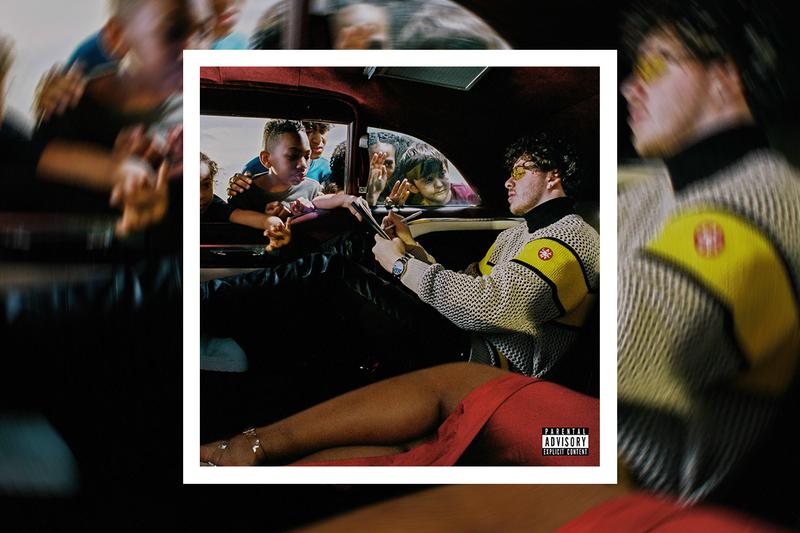Jack Harlow debuts Thats What They All Say
Harlow fails to follow up smash success of “Whats Poppin” in debut album
Jack seeks to cement himself in the rap game with his first studio album. With a little work, he could become a big star.(Atlantic Records)
December 18, 2020
A year ago, you wouldn’t bat an eyelash at the mention of the name Jack Harlow. Now, he is on course to become one of the hottest rappers in the game. With his emergence upon the scene through his smash single “Whats Poppin” on Jan. 21, 2020, Harlow’s fame has skyrocketed. Harlow has been putting out mixtapes since 2016, and finally has the cash to come up with big features.
Eager to prove he isn’t just a one-hit wonder, Harlow released his first commercial album on Dec. 11, 2020.
I came into this album with high expectations, hoping to see Harlow do something fresh and creative with his newfound fame, switching up the style of hip hop we are so used to hearing. I was disappointed to find a bland album with a few splashes of genius here and there.
He opens up the album on track 1 “Rendezvous” boasting about the success he has found and achieving his goals, mainly how he “became a millionaire at 22” and how his “classmates can’t believe the place [he] took it to.”
On “Face of My City”, Lil Baby outshines Harlow on his own track, making him pale in comparison to the lightning quick verses Lil Baby spits out.
The album draws heavily from the moody storytelling style of Drake, in fact, many songs sound straight out of More Life, his smash 2017 album.
“Funny Seeing You Here” sounds exactly like a Drake song to be frank, down to the lofi beat. Harlow attempts to emulate Drake’s emotional, reminiscing bars, but comes off corny and unprofessional. At times, it sounds as if he is just talking over a beat. Bad lyrics like “step into my world like Narnia” just add to the awkwardness of the song.
On a higher note, “Way Out” with Big Sean was one of the better tracks on the album. Harlow’s flow and rhythm tie back to the effortlessly cool vibe that he gives off at his best. The hook is catchy and manages to inspire a head nod- a definite replay.
The next track, “Already Best Friends” shows Harlow giving his best shot at R&B vocals, but he falls short. Chris Brown jumps in with his signature vocals, elevating the song to an average level, but it is nothing special.
“Same Guy” with surprise feature Adam Levine on a rap album, gives a fresh take on gospel infused rap. Harlow reminisces with the line, “I thought that I would change but I’m still the same guy.” The common motif of features outshining Harlow shows itself here again with Harlow’s vocals sounding plain next to Adam Levine’s. The song ends on a confusing note, with the producer tag being sung by a gospel choir.
The way Jetsonmade’s producer tag was turned into gospel on Jack Harlow’s “Same Guy” >>>>>pic.twitter.com/jj77Y0Zrvh
— XXL Magazine (@XXL) December 11, 2020
“Route 66” and “Baxter Avenue” manage to justify a replay, both drawing more inspiration from Drake.
On “Baxter Avenue” Harlow talks about girls in his love life, and how he wants to keep his love interest out of the spotlight and keep his relationships private. This lends itself to further Drake comparisons, as the Canadian rapper famously kept his son out of the public eye for so long.
Overall, the album was forgettable and uninspiring, albeit having a couple diamonds in the rough here and there. Rating: 6.5/1o


